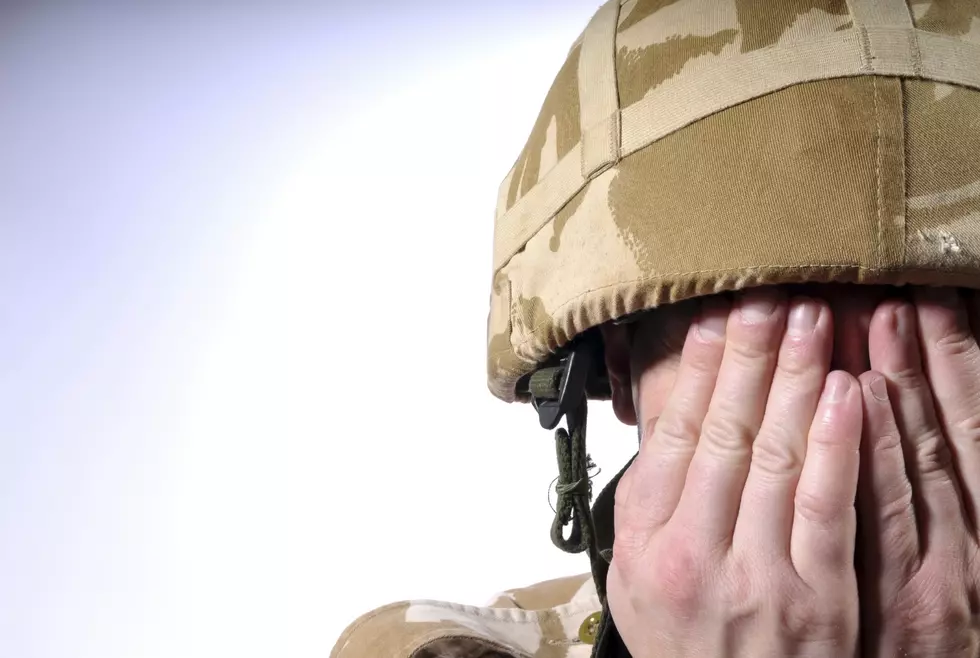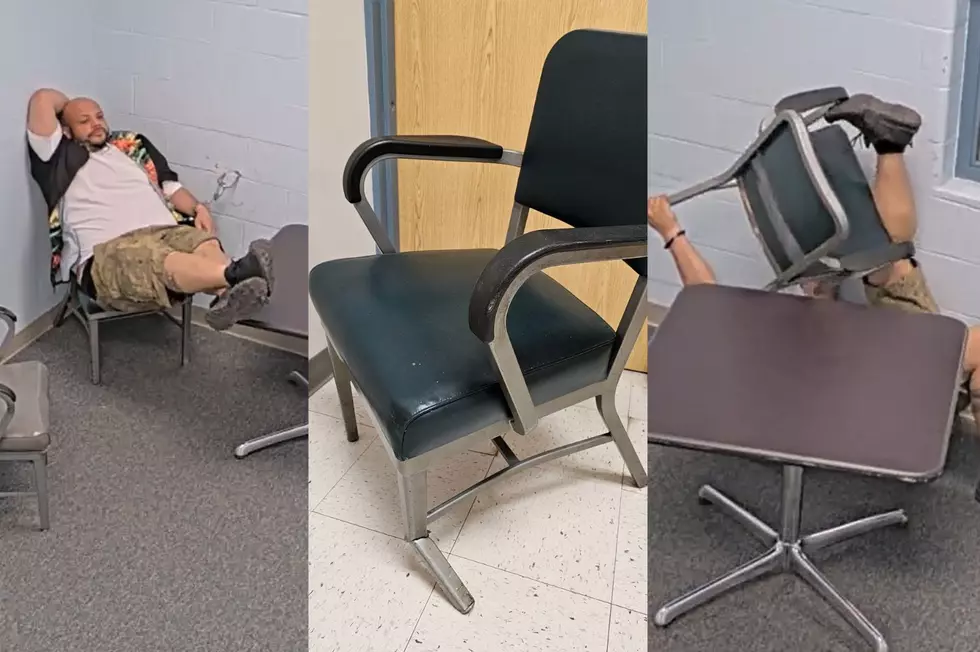
National PTSD Day: Love and Help For the Broken
Post Traumatic Stress Disorder (PTSD) is a very real enemy that lives with soldiers long after their official tour(s) of duty end. In 2010, Congress named June 27th PTSD Awareness Day and since then, the Department of Veterans Affairs has asked everyone to help raise PTSD awareness.
I've seen the effects of PTSD first hand with a family member who'd been active military and desperately needed help, but not much was known about PTSD until recently and until it was too late for my family member.
For some people, it can be hard to reach out for help. If you or someone you love is displaying any of these signs, PTSD might be the underlying problem. According to the Mayo Clinic, PTSD can be broken down into four types: intrusive memories, avoidance, negative changes in thinking and mood, or changes in emotional reactions. The Mayo Clinic has broken down the symptoms of each:
Intrusive memories- symptoms of intrusive memories may include:
- Recurrent, unwanted distressing memories of the traumatic event
- Reliving the traumatic event as if it were happening again (flashbacks)
- Upsetting dreams about the traumatic event
- Severe emotional distress or physical reactions to something that reminds you of the event
Avoidance-symptoms of avoidance may include:
- Trying to avoid thinking or talking about the traumatic event
- Avoiding places, activities or people that remind you of the traumatic event
Negative changes in thinking and mood-symptoms of negative changes in thinking and mood may include:
- Negative feelings about yourself or other people
- Inability to experience positive emotions
- Feeling emotionally numb
- Lack of interest in activities you once enjoyed
- Hopelessness about the future
- Memory problems, including not remembering important aspects of the traumatic event
- Difficulty maintaining close relationships
Changes in emotional reactions-symptoms of changes in emotional reactions (also called arousal symptoms) may include:
- Irritability, angry outbursts or aggressive behavior
- Always being on guard for danger
- Overwhelming guilt or shame
- Self-destructive behavior, such as drinking too much or driving too fast
- Trouble concentrating
- Trouble sleeping
- Being easily startled or frightened
If you're a vet and struggling with any of these symptoms, there's nothing to be ashamed of. Getting help won't make you less of a person. As a matter of fact, getting help might not just save your life, but the lives of those around you.
The Veterans Crisis Line is open 24/7 and always there to help. You can call 1-800-273-8255 and Press 1, or text to 838255. You can also call the 24/7 Veteran Combat Call Center 1-877-WAR-VETS (1-877-927-8387) to talk to another combat Veteran. The DoD's Defense Centers of Excellence (DCoE) also has a 24/7 Outreach Center for Psychological Health & Traumatic Brain Injury which provides information and helps locate resources.
More From 98.1 The Hawk







![25 Easy Ways To Protect Your Home and Possessions From Thieves [GALLERY]](http://townsquare.media/site/498/files/2021/10/attachment-RS44354_GettyImages-899597496.jpg?w=980&q=75)

